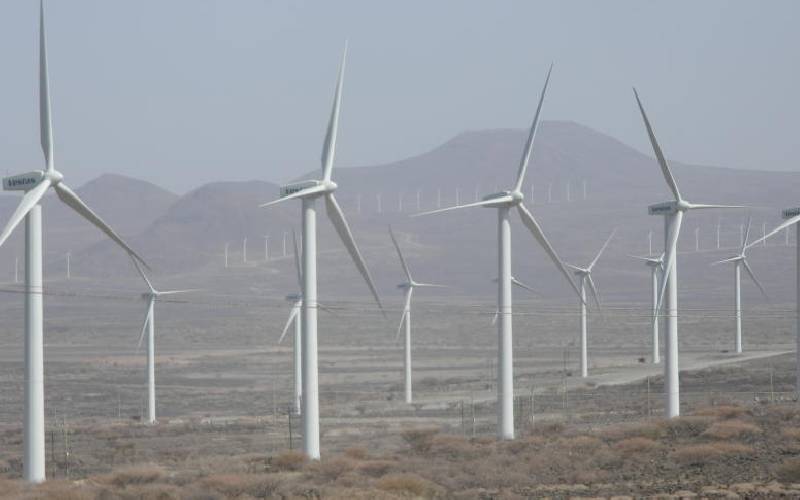×
The Standard e-Paper
Fearless, Trusted News

Wind power farm at Sarima, near Lake Turkana in Laisamis, Marsabit County. [Ali Abdi, Standard]
For three consecutive days last week, the National Assembly’s Public Investments Committee (PIC) was unable to extract any information from senior officials of three government entities on the State’s dealings with the Lake Turkana Wind Power (LTWP) company.







